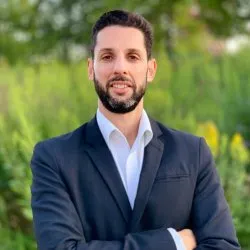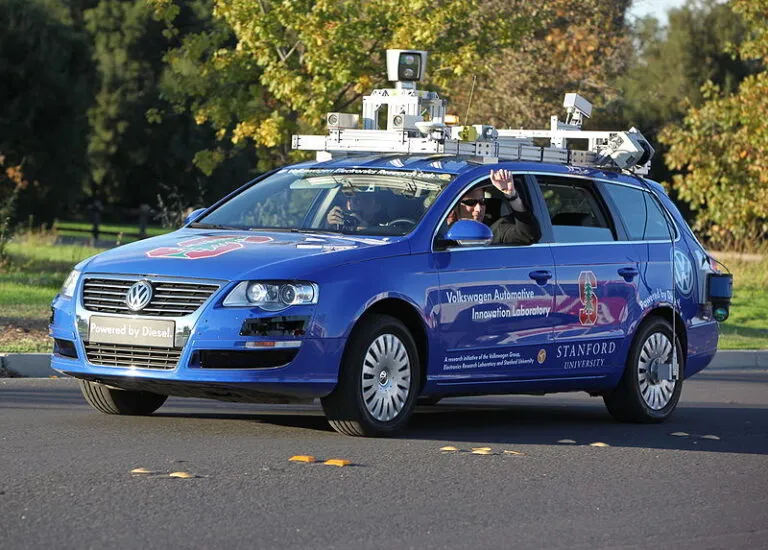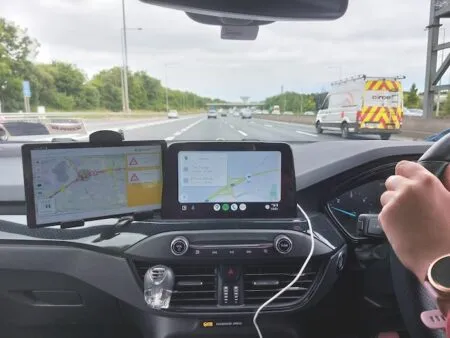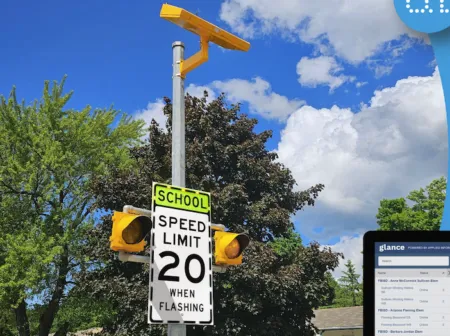The WISE ACT (Wider Impacts and Scenario Validation for Autonomous Connected Transport), an initiative that draws together more than 150 experts from 41 countries, is conducting an international survey in order to better understand public acceptance of automated vehicles – plugging a key gap in current knowledge.
While there has been a great deal of focus on automotive technology and connected infrastructure, less is known about how the public will react to the roll out of CAVs (connected and autonomous vehicles) and, crucially, how much travellers might be willing to pay for such services.
The survey is aligned with the Eurobarometer – an EU-wide archive of public opinion that has been running since 1974, which helps to inform the decisions of policymakers and the direction of scientific endeavours.
 “We’ve already launched our survey in 15 countries and we’re going to launch another 10 in the next few weeks,” says WISE ACT chair Dr Nikolas Thomopoulos, who is also a senior lecturer in transport at University of Surrey. “We’re essentially trying to find out what potential users think of CAVs. Because, so far, most of the conversations have been led by private entities, which are essentially putting in all of the money, and by governments, who try to give some guidance, some regulations, or some flexibility for those companies to develop this. So, in this environment one element is missing – the user perspective.
“We’ve already launched our survey in 15 countries and we’re going to launch another 10 in the next few weeks,” says WISE ACT chair Dr Nikolas Thomopoulos, who is also a senior lecturer in transport at University of Surrey. “We’re essentially trying to find out what potential users think of CAVs. Because, so far, most of the conversations have been led by private entities, which are essentially putting in all of the money, and by governments, who try to give some guidance, some regulations, or some flexibility for those companies to develop this. So, in this environment one element is missing – the user perspective.
“If the companies give us these vehicles, and if the government allows us to travel, but no one is using it, where’s the benefit? And if we consider the amount of money and funding and effort that’s going into this, we think it is wise that there has to be some kind of balance. How much are people willing to pay for an automated vehicle trip? Is it one pound? Is it five? Twenty pounds? How much would you pay for this? Well, no one really knows. So that’s how this came about. And that’s what we’re doing with this survey. And that’s why we are also contributing to the Eurobarometer.”
Dr Thomopoulos encourages anyone interested to complete the simple survey and also to pass it to family and friends as the aim is to get as wide a cross-section of society as possible. Initial analysis of results will take place at the end of July, but the survey will remain open until September.





